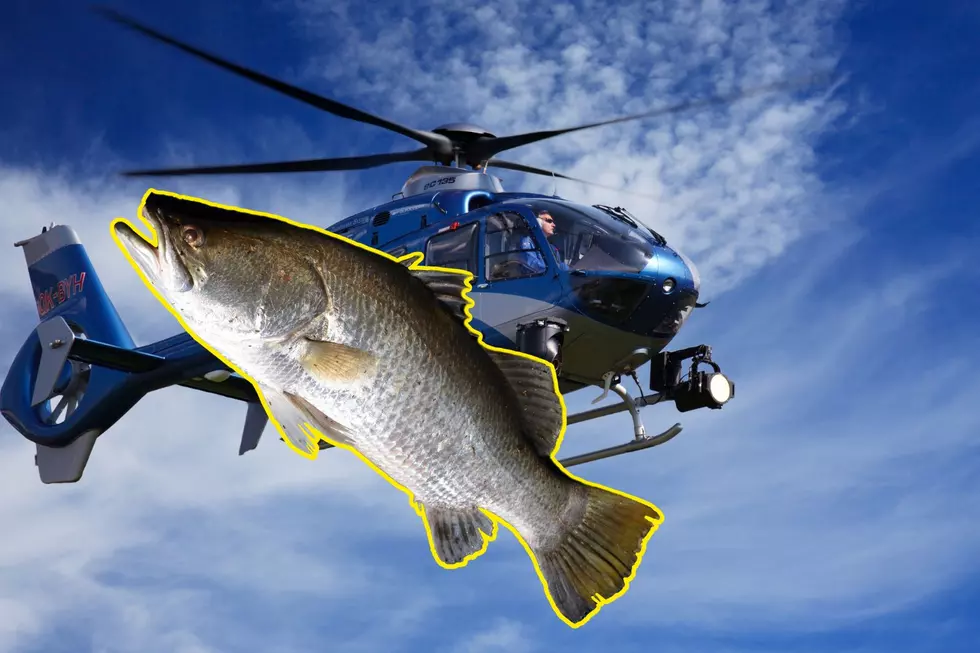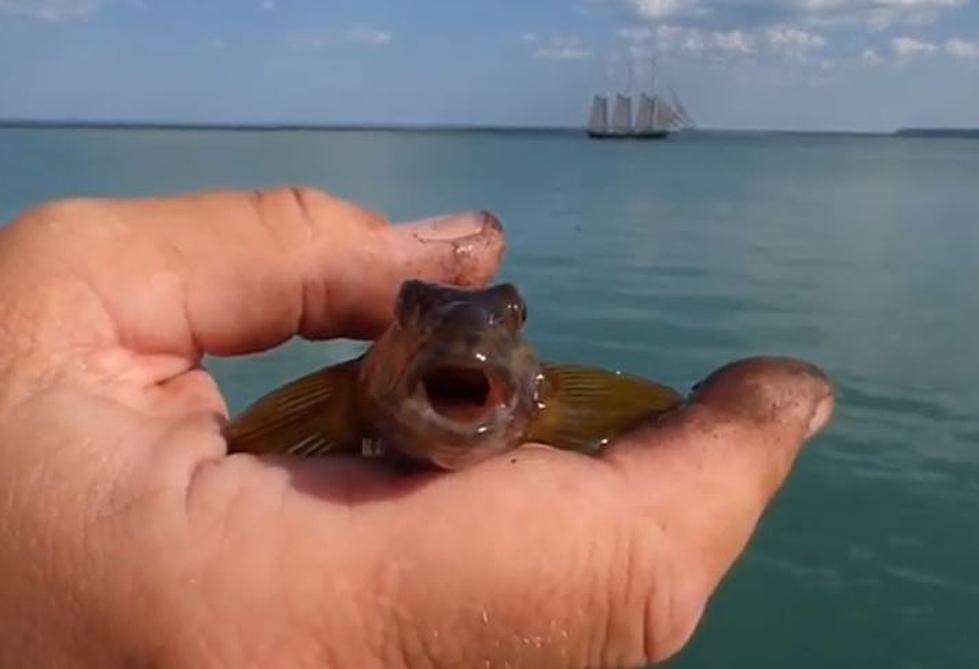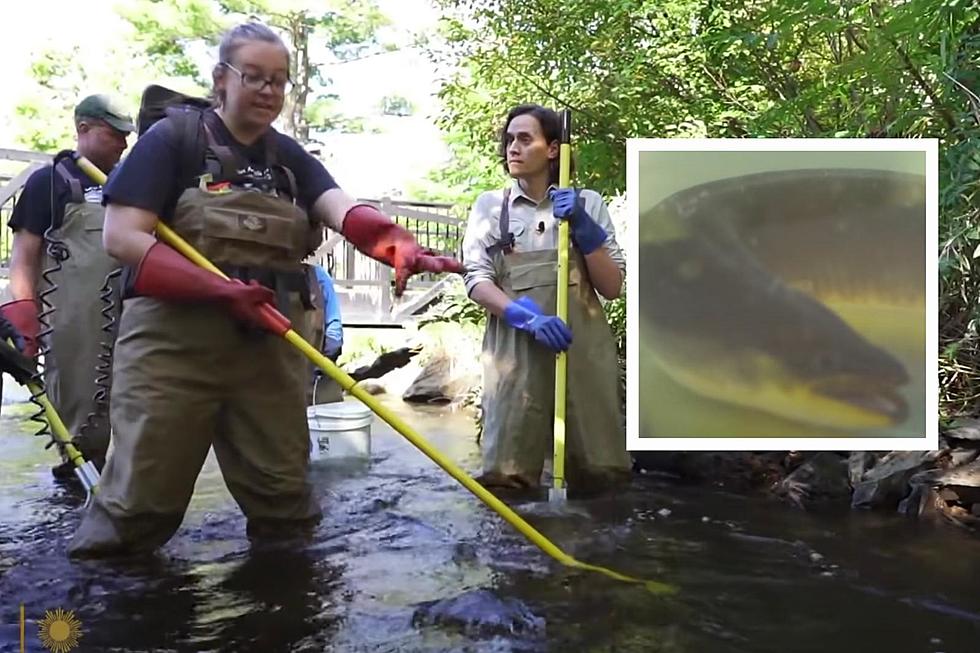
Toxic: Eating Fish In NY Lakes As Bad As Drinking Tainted Water
A new study has revealed just how toxic eating fish from lakes in New York State can be. Chemical toxins are leaching into our waters, which are poisoning the fish, which we then consume. Are you familiar with the old adage, 'you are what you eat'? In this case, it's nothing good.
The new research shows that eating just one freshwater fish caught in a river or lake in the United States is as bad for your health as drinking a month's worth of water contaminated with toxic chemicals. Sounds delightful, right? Not so much. All of the polluting that we've allowed big companies to do and the damage we have done ourselves is catching up with us.

These chemicals - PFAS, per- and polyfluoroalkyl substances, have been linked to serious health problems,
A recent review from the U.S. Centers for Disease Control and Prevention (CDC) outlines a host of health effects associated with PFAS exposure, including cancer, liver damage, decreased fertility, and increased risk of asthma and thyroid disease.
I know, some people reading this will say it's all made up by the media and they plan to continue eating freshwater fish from New York for dinner 5 times a week. Hey, good for you, enjoy.
But for the rest of us who understand how pollution can affect the food we eat, it's cause for concern. While the Environmental Protection Agency lowered the "safe" level of PFOS in drinking water to 0.02 parts per trillion. The study found that eating one freshwater fish is equivalent to drinking a month's worth of water with PFOS at 48 parts per trillion.
The total PFAS level in the freshwater fish was 278 times higher than what has been found in commercially sold fish.
With the start of Lent less than a month away, you might want to be very careful where you source your fish from if you live in New York or America, for that matter.
While we're on the topic of "seafood," you might want to check out these recent stories - 2 Grocery Stores In New York Busted For Selling Illegal Seafood and Lobster Served In New York State Restaurants Might Not Be Lobster.
Top 5 Largest Lakes In New York State
Eight Delicious Lake Ontario Restaurants From Niagara County All the Way Up to Sackets Harbor
Scuba Divers Amazing Finds Under the Sea in Lake George
More From WIBX 950









